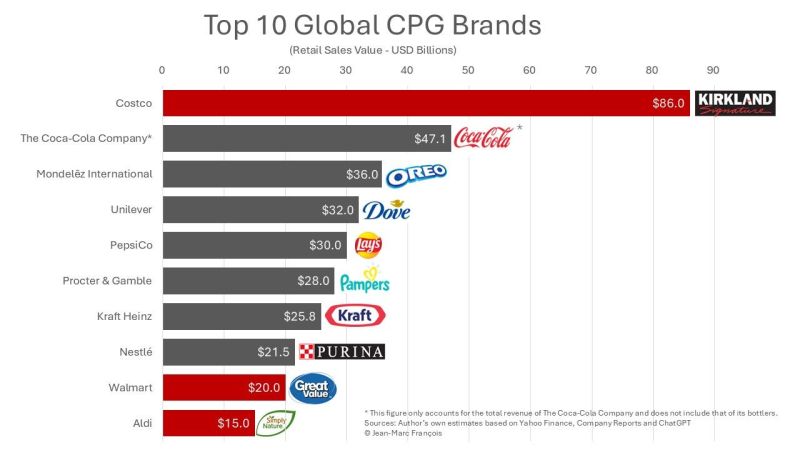Schwarz Group, the German firm that owns the Lidl and Kaufland chains, saw its revenue increase 4.9% to €175.4bn during its financial year to 29 February 2025.
Despite the “tense global economic situation”, the group created approximately 20,000 new jobs after expanding its network of stores by around 300 to approximately 14,200.
Lidl, which has been the fastest-growing supermarket in the UK over the last year, increased its store revenue by 5.3% to €132.1bn. At Kaufland, revenue rose 2.9% to €35.2bn. The group’s total online revenue was unchanged at €1.7bn.
Meanwhile, the Schwarz Group’s manufacturing operation supplied goods worth around €4.6bn, primarily to Lidl and Kaufland stores, reflecting an increase of 9.5% compared with the previous year.
Despite the volatile economic situation, the group increased its investment programme by 7.5% to €8.6bn in the fiscal year, €3.3bn of which was spent in Germany. This funded store expansion, the development of its warehouse network, and more capacity in its European data centres.
For the current year, Schwarz Group stated that it would be investing around €9.6bn, €3.7bn of which will be in Germany.
“The successful 2024 fiscal year for the companies of Schwarz Group is primarily based on the tireless efforts and outstanding commitment of our employees. Together, we are shaping the future of our group and working on innovative solutions for the challenges of tomorrow,” said Gerd Chrzanowski, General Partner Schwarz Group.
“This has enabled us to grow sustainably together in all divisions, even in a time of global uncertainty, and to continue investing in Germany as an economic hub and in a digitally sovereign Europe.”
NamNews Implications:
Despite the “tense global economic situation”, the group created approximately 20,000 new jobs after expanding its network of stores by around 300 to approximately 14,200.
Lidl, which has been the fastest-growing supermarket in the UK over the last year, increased its store revenue by 5.3% to €132.1bn. At Kaufland, revenue rose 2.9% to €35.2bn. The group’s total online revenue was unchanged at €1.7bn.
Meanwhile, the Schwarz Group’s manufacturing operation supplied goods worth around €4.6bn, primarily to Lidl and Kaufland stores, reflecting an increase of 9.5% compared with the previous year.
Despite the volatile economic situation, the group increased its investment programme by 7.5% to €8.6bn in the fiscal year, €3.3bn of which was spent in Germany. This funded store expansion, the development of its warehouse network, and more capacity in its European data centres.
For the current year, Schwarz Group stated that it would be investing around €9.6bn, €3.7bn of which will be in Germany.
“The successful 2024 fiscal year for the companies of Schwarz Group is primarily based on the tireless efforts and outstanding commitment of our employees. Together, we are shaping the future of our group and working on innovative solutions for the challenges of tomorrow,” said Gerd Chrzanowski, General Partner Schwarz Group.
“This has enabled us to grow sustainably together in all divisions, even in a time of global uncertainty, and to continue investing in Germany as an economic hub and in a digitally sovereign Europe.”
NamNews Implications:
- For context, Tesco’s global sales are €78bn. vs Schwarz Group €175.4bn.
- i.e. Schwarz Group have the option of subsidising growth in local markets...
- And given Lidl has been the fastest-growing supermarket in the UK over the last year…
- …despite this being a time of unprecedented global uncertainty…
- …time to try finding ways of working with Lidl?







